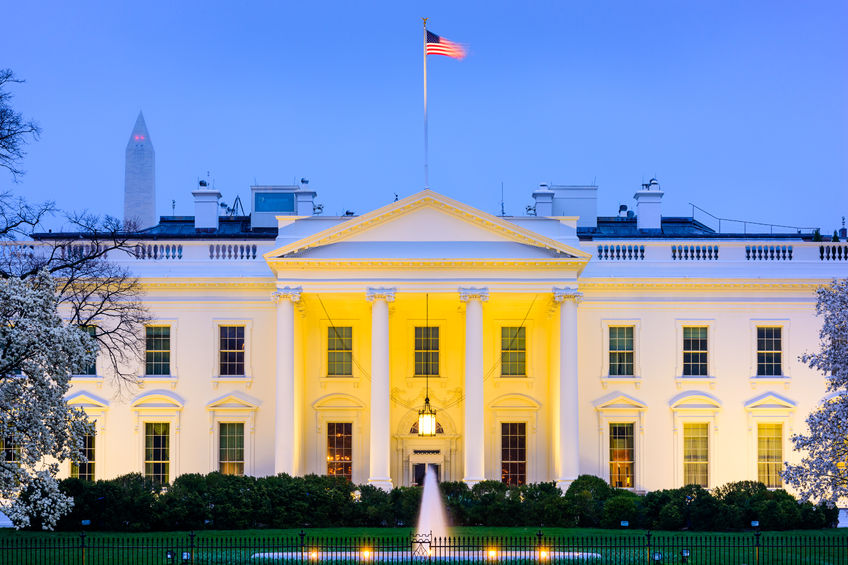
A new report from Fitch Ratings Inc. is sounding the alarm about the new U.S. government, warning that its unpredictability represents a risk to the global economy and sovereigns, such as Canada, that have close economic ties to the U.S.
“The Trump Administration represents a risk to international economic conditions and global sovereign credit fundamentals,” the Fitch report says. In fact, the credit-rating agency says in its report that the predictability of U.S. policy has diminished “with established international communication channels and relationship norms being set aside and raising the prospect of sudden, unanticipated changes in U.S. policies with potential global implications.”
The primary risks to sovereign credits in this environment include the possibility of a disruption in trade relations, reduced international capital flows, reduced remittances and “confrontational exchanges between policymakers that contribute to heightened or prolonged currency and other financial market volatility,” the Fitch report says. If these risks develop, economic growth would be harmed, pressuring public finances and possibly leading to rating implications for some sovereigns.
The sovereigns that are most at risk include countries with close economic and financial ties to the U.S., with trade arrangements that are under scrutiny by the new administration, including Canada, China, Germany, Japan and Mexico. In addition, U.S. trade actions could have cascading effects on other countries, the Fitch report notes.
Tighter immigration controls and the negative impact on remittance flows would most impact Mexico and several Central American countries, including Honduras, El Salvador, Guatemala and Nicaragua.
Finally, countries with the highest stock of U.S. investment in manufacturing include Canada, the UK, Netherlands, Mexico, Germany, China and Brazil, the Fitch report says.
Although some hope that the new administration will settle down and embrace a business and trade-friendly agenda, “the balance of risks points toward a less benign global outcome,” the Fitch report suggests.
“The administration has abandoned the Trans-Pacific Partnership, confirmed a pending renegotiation of the North American Free Trade Agreement, rebuked U.S. companies that invest abroad, while threatening financial penalties for companies that do so, and accused a number of countries of manipulating exchange rates to the U.S.’s disadvantage,” the report says.
Even though it will take time for the impact of any potential initiatives to materialize, “the aggressive tone of some administration rhetoric does not portend an easy period of negotiation ahead,” the Fitch report says, “nor does it suggest there is much scope for compromise.”
Photo copyright: sepavo/123RF